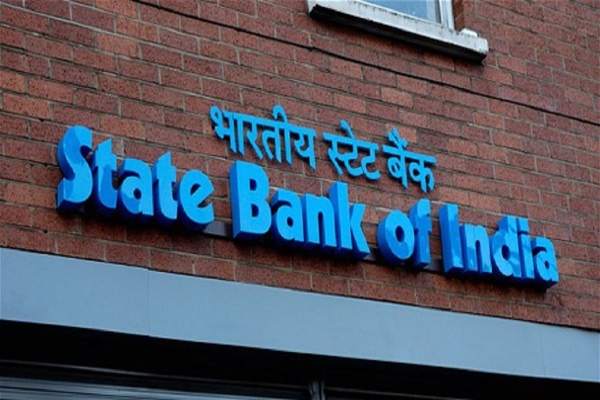India’s 1.3 billion people go under complete lockdown for 3 weeks in a bid to stem the spread of coronavirus, that has claimed many lives across the world so far. With this lockdown measure, which includes sealing borders and restricting movement to only essential services, the Centre will try to prevent an explosion of cases that could overwhelm the country’s fragile public health system.
What does a lockdown mean?
A lockdown is an emergency protocol that restricts people from leaving an area. People are required to stay where they are and not leave the building or the given area until the lockdown is lifted.
Only essential services are allowed to operate during the lockdown. People are also prohibited from gathering in one place – the maximum number of persons allowed can vary from state to state, but it is generally in the range of 2-4 people.
Along with the list of exceptions, lockdown violations could invite jail term or heavy penalty under the disaster management act, 2005. A snapshot:
Refusal to comply by directions given by the Centre or the respective state can invite punishment which includes jail term of up to 1 year or a fine or both. If non-compliance leads to loss of life or danger shall invite punishment of jail term of 2 years.
Making false claims during the period for getting any benefits, relief shall invite jail term of 2 years and fine.
Hoarding of money or goods, especially by those mandated, will invite a jail term of 2 years and fine.
Circulation of fake news that creates panic will invite jail term of 1 year or fine.
Govt officials found misusing or failing to exercise their powers during the period will face severe action.
Officers who cease or refuse to perform, unless he has a lawful reason to do so, will face jail term of up to 1 year or fine.
Punishment for violating Coronavirus lockdown
The punishment for violation Coronavirus lockdown includes imprisonment, or fine, or both. People who violate the lockdown orders can be punished under the following sections of the Indian Penal Code (IPC):
| Section | Punishment |
| Sec 269 – Negligent act likely to spread infection of disease dangerous to life | Imprisonment up to six months, or fine, or both |
| Sec 270 – Malignant act likely to spread infection of disease dangerous to life | Imprisonment up to two years, or fine, or both |
| Sec 188 – Disobedience to order duly promulgated by a public servant | Imprisonment up to six months, or fine up to ₹1,000, or both |
While the punishment can vary from case to case, violators could be imprisoned for up to two years and fined up to ₹1,000.
(1) Where an offence under this Act has been committed by a company or body corporate, every person who at the time the offence was committed, was in charge of, and was responsible to, the company, for the conduct of the business of the company, as well as the company shall be deemed to be guilty of the contravention and shall be liable to be proceeded against and punished accordingly:
No court shall take cognizance of an offence under this Act except on a complaint made by :











